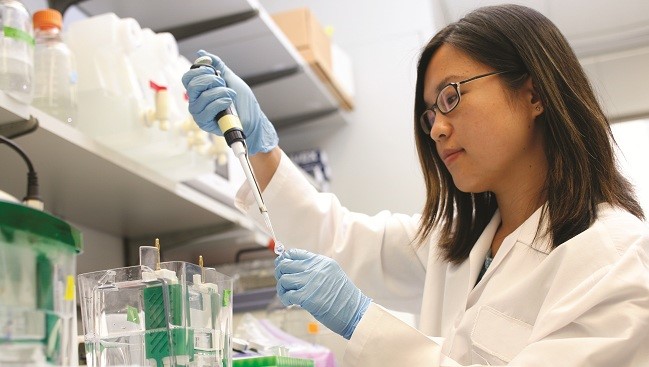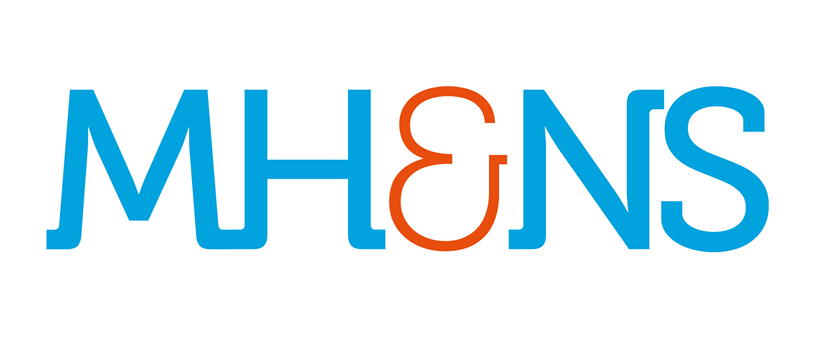PhD Educational programme
A large part of the PhD training occurs in the context of conducting a research project, supervised by an expert / a group of experts. In addition, all category PhD candidates will engage in more specific or generic educational activities. Students outline and regularly update their personal research plan (PRP) and training and supervision plan (TSP), together with their supervisors (promotor and co-promotor). Their choices are based on a thorough assessment of previously acquired competencies, skills specifically required for the PhD research, more general knowledge and skills, and future career plans.
All category PhD candidates will engage in more specific or generic educational activities, which may vary based on their category (e.g. different agreements can be made for internal vs. external PhD candidates). A minimal amount of 20 ECTS should be spent on formal educational activities, with a good balance between general and research-related courses.

MHeNs Certificate
A MHeNs Certificate can be obtained at the end of the PhD period. This certificate may be used to demonstrate to future employers what kind of post-graduate education you have received as part of your PhD training programme.
A PhD candidate may find more information on how to request a MHeNs certificate In their Track portfolio.
In the past, many PhD students have received a MHeNs Certificate. Here is an overview of laureates since 2014.
- PhD students can still obtain a PhD degree, without meeting the MHeNs Certificate guidelines.
- EURON offers an additional EURON PhD Certificate of Excellence, which will be awarded if the PhD candidate fulfils the required criteria in terms of training, networking, international mobility, and scientific publications. The EURON PhD Certificate of Excellence is recognized by the Governing Boards of the participating universities. Since one important requirement for the certificate is mobility, PhD candidates are encouraged to spend a period of at least 3 months abroad to receive international experience. Information on how to qualify for a EURON Certificate can be found here. Some students may qualify for both certificates.
Master Education
MHeNs is involved in the curricula of several master's programmes of both the Faculty of Health, Medicine and Life Sciences and the Faculty of Psychology and Neuroscience and these programmes form an important source of new PhD students for the MHeNs School. Internships for students are offered on a broad range of topics within the field of mental health and basic neuroscience.
- Research Master Cognitive and Clinical Neuroscience (2 years programme). The master consists of six specialisations and MHeNs staff contributes heavily to four of them i.e.: Fundamental Neuroscience, Neuropsychology, Psychopathology and Drug Development and Neurohealth. In addition, MHeNs is coordinator of the Neuroscience specialization (Prof. D. van den Hove) .
- Master programme Biomedical Sciences (2 years programme). The Master BMS consists of six specializations of which MHeNs staff coordinates the specialisations Inflammation and Pathophysiology (Prof. P. Martinez) and Neuromodulation (Dr. A. Jahanshahi).
- Master Physician-Clinical Investigator (Arts-Klinisch Onderzoeker – A-KO; 4 years programme). The modules Brein, Beweging and Gedrag are coordinated by MHeNs staff (Prof. W. Mess and Dr. J. Hoeijmakers). A-KO students have several research internships in their program, short internship in their 2nd year and a combined clinical and research internship in their last (4th) year. Researchers from all MHeNs divisions actively contribute to these internships as mentors.

